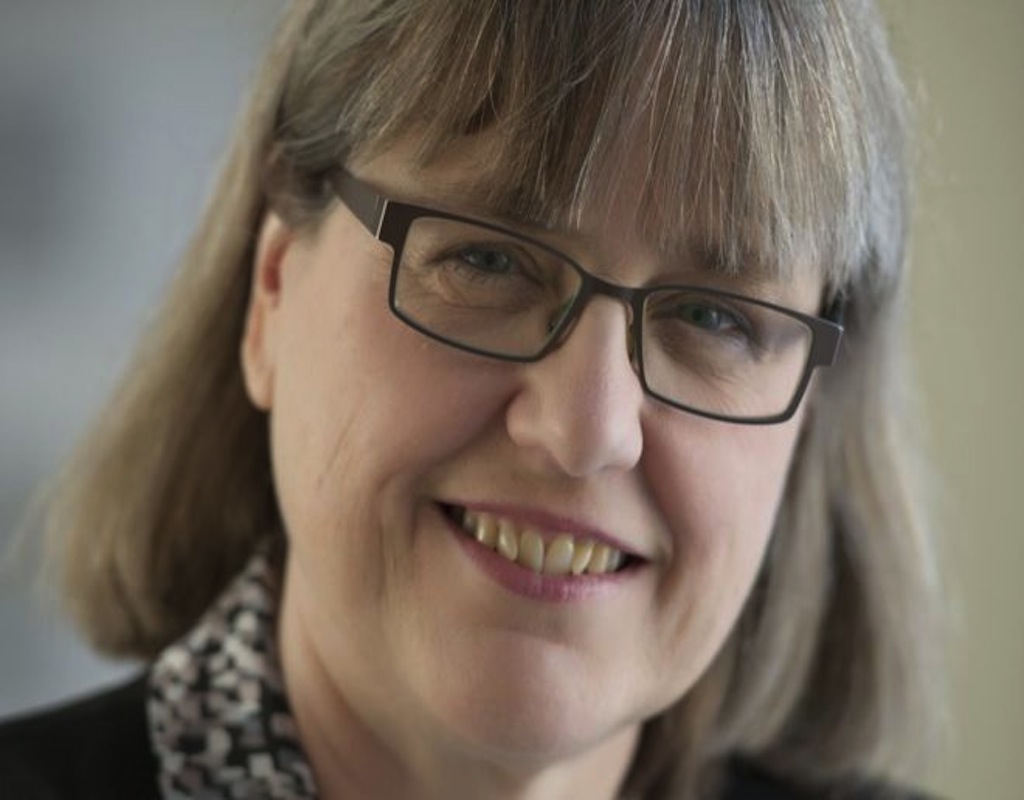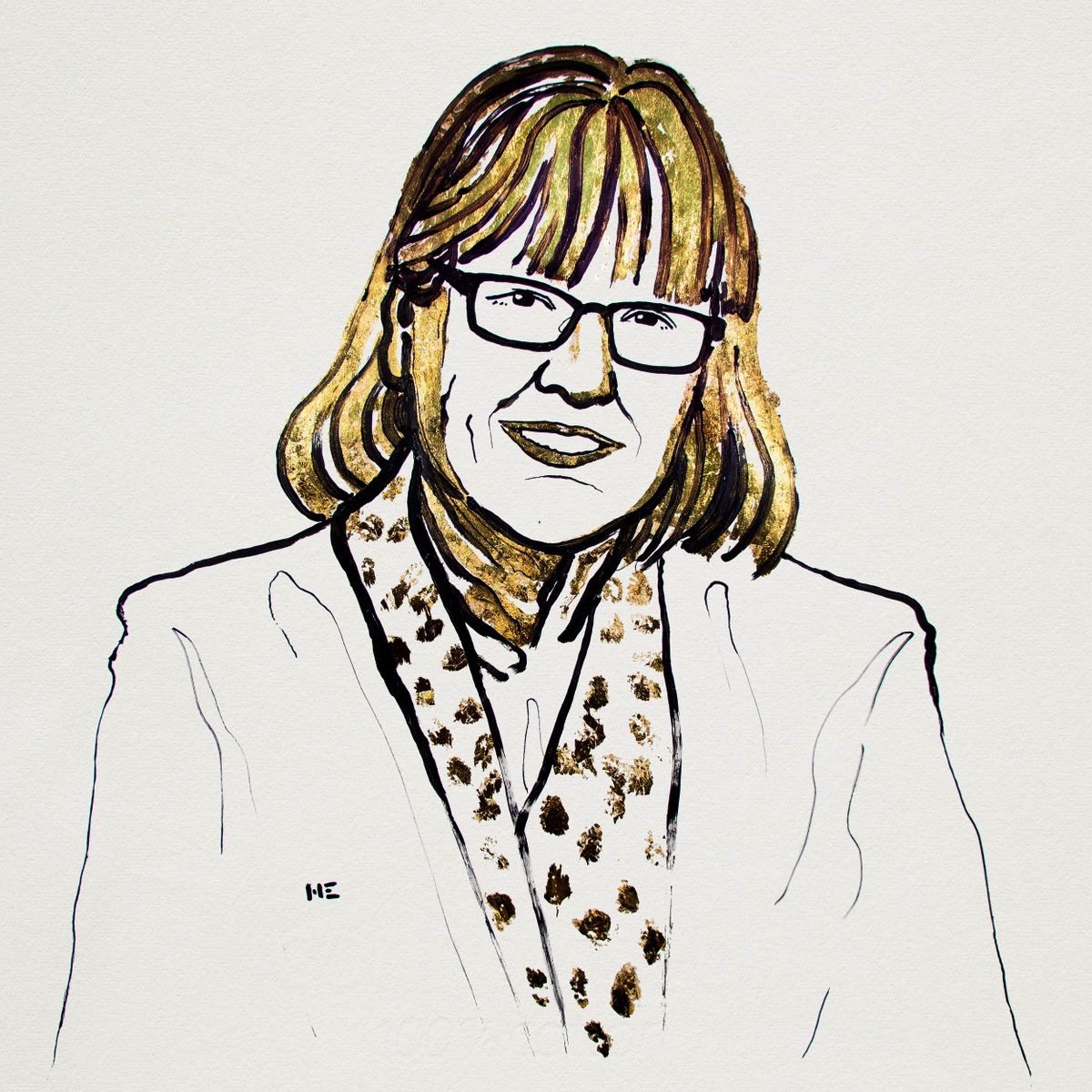
The Nobel Prize in Physics has been awarded to Canadian physicist Dr. Donna Strickland, making her the first woman to win the award in 55 years and only the third woman in history.
Strickland was awarded the 2018 prize jointly with French scientist Dr. Gerard Mourou and American physicist Dr. Arthur Ashkin for their work on laser physics.
Both Dr Strickland and Dr Mourou developed the technique ‘Chirped Pulse Amplification’, which are high-intensity and ultra-short laser pulses that have been used in laser therapy for cancer and laser eye surgeries.
Dr Ashkin, on the other hand, came up with a laser technique known as optical tweezers that is used to study biological systems.
Dr Strickland stressed on the need to support female physicists, as she stated at a news conference, “we need to celebrate women physicists because they’re out there… I’m honoured to be one of those women.”
Marie Curie was the first woman to win a Nobel Prize in Physics in 1903 for her discovery of radiation, and the first woman to win twice after receiving the Nobel Prize in Chemistry in 1911.
Later, Maria Goeppert-Mayer became the second woman to win the prize in 1936 for proposing the nuclear shell model of the atomic nucleus.
Shortly before the announcement of the award, a physicist gave an ‘offensive’ lecture at the Cern particle physics laboratory in Geneva in which he stated that physics was ‘built by men’ and that male scientists were being discriminated against.
Strickland, however, told the BBC that the comments did not affect her, and that she has “always been treated as an equal”.
She is currently an associate professor at the University of Waterloo, and served as the vice president (2011) and the president (2013) of the Optical Society, a scientific society dedicated to advancing the study of optics and photonics.






Comments (0)